Oil Expeller
WhatsApp Order
An oil expeller is a mechanical device used to extract oil from various oil-bearing seeds or nuts, such as soybeans, peanuts, sunflower seeds, and sesame seeds. It works by applying mechanical pressure to the seeds, forcing out the oil, which is then collected for further processing. Oil expellers are commonly used in the oil extraction industry due to their efficiency, simplicity, and ability to handle a wide range of oilseed types.
SKU:
AHS58397
Category: Food Processing Machinery
Description
Oil Expeller Uses
- Oil Production: The primary use of oil expellers is to extract oil from oil-bearing seeds or nuts. Commonly extracted oils include soybean oil, sunflower oil, peanut oil, sesame oil, and canola oil.
- Food Processing: Extracted oils from oil expellers are used in food processing for cooking, frying, baking, and salad dressings. They provide essential fatty acids and are used in the production of margarine, mayonnaise, and other food products.
- Animal Feed: Oil expellers are also used to extract oil from oilseeds used in animal feed production, such as soybeans and sunflower seeds. The remaining meal after oil extraction is a valuable source of protein and is commonly used as animal feed.
- Biofuel Production: Some oils extracted using oil expellers, such as soybean oil and palm oil, can be converted into biodiesel, a renewable alternative to fossil fuels. Oil expellers play a crucial role in the initial oil extraction process for biofuel production.
- Cosmetic and Personal Care Products: Certain oils extracted from oil expellers, such as coconut oil and jojoba oil, are used in cosmetic and personal care products such as lotions, creams, soaps, and hair care products.
- Industrial Applications: Oils extracted from oil expellers are utilized in various industrial applications, including lubricants, hydraulic fluids, and as raw materials in the manufacturing of paints, varnishes, and other industrial products.
- Pharmaceutical Industry: Some oils extracted using oil expellers have medicinal properties and are used in the pharmaceutical industry for manufacturing drugs, supplements, and other medicinal products.
Reviews (0)
Be the first to review “Oil Expeller” Cancel reply
Related products
Roasting Cylinder
A roasting cylinder typically refers to a cylindrical chamber or container used in industrial or commercial roasting processes, especially in food production. It is designed to hold raw materials, such as coffee beans, nuts, or grains, while they are subjected to controlled heat and agitation to achieve desired roasting levels. The cylinder's rotation ensures even heating and consistent roasting of the material

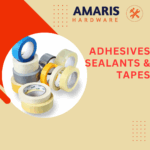
 Acrylic Sealants
Acrylic Sealants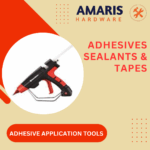 Adhesive Application Tools
Adhesive Application Tools Construction Adhesives
Construction Adhesives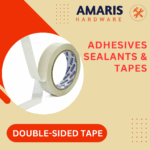 Double-Sided Tape
Double-Sided Tape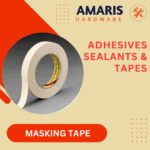 Masking Tape
Masking Tape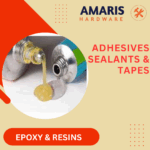 Epoxy & Resins
Epoxy & Resins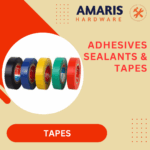 Duct Tape
Duct Tape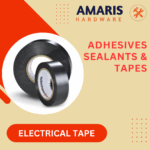 Electrical Tape
Electrical Tape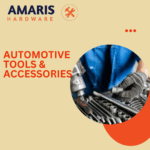
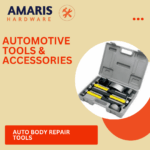 Auto Body Repair Tools
Auto Body Repair Tools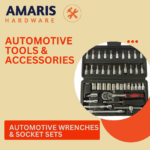 Automotive Wrenches & Socket Sets
Automotive Wrenches & Socket Sets Battery Chargers & Jump Starters
Battery Chargers & Jump Starters Car Jacks & Stands
Car Jacks & Stands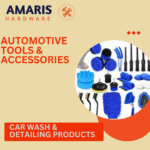 Car Wash & Detailing Products
Car Wash & Detailing Products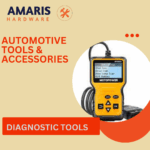 Diagnostic Tools
Diagnostic Tools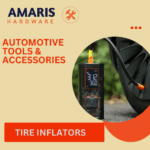 Tire Inflators & Wheel Tools
Tire Inflators & Wheel Tools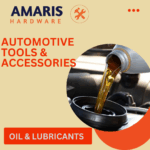 Oil & Lubricants
Oil & Lubricants Vehicle Lighting
Vehicle Lighting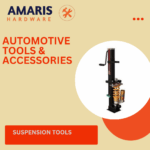 Suspension Tools
Suspension Tools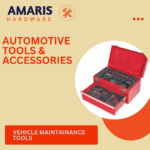 Vehicle Maintenance Tools
Vehicle Maintenance Tools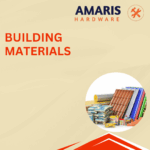
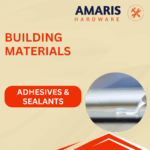 Adhesives & Sealants
Adhesives & Sealants Bricks & Blocks
Bricks & Blocks Cement & Concrete
Cement & Concrete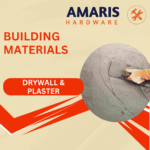 Drywall & Plaster
Drywall & Plaster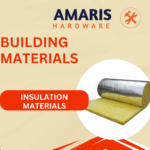 Insulation Materials
Insulation Materials Roofing Materials
Roofing Materials Paints, Primers & Coatings
Paints, Primers & Coatings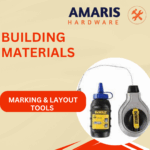 Marking & Layout Tools
Marking & Layout Tools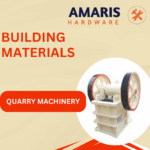 Quarry Machinery
Quarry Machinery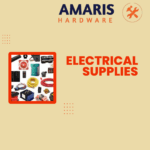
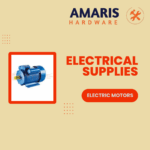 Electric Motors
Electric Motors Electrical Boxes & Panels
Electrical Boxes & Panels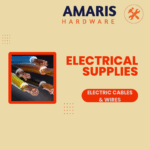 Electrical Cables & Wires
Electrical Cables & Wires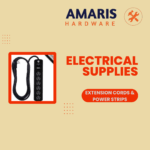 Extension Cords & Power Strips
Extension Cords & Power Strips Fuses & Relays
Fuses & Relays Lighting Fixtures & Bulbs
Lighting Fixtures & Bulbs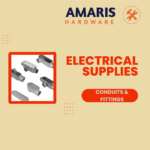 Conduit & Fittings
Conduit & Fittings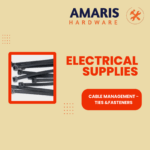 Cable Management
Cable Management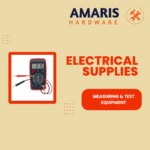 Measuring & Test Equipment
Measuring & Test Equipment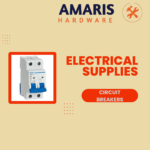 Circuit Breakers
Circuit Breakers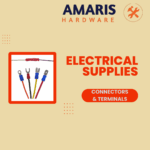 Connectors & Terminals
Connectors & Terminals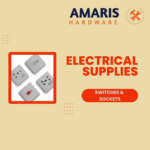 Switches & Sockets
Switches & Sockets
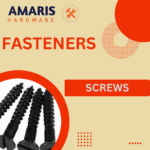 Screws
Screws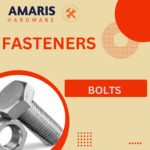 Bolts
Bolts Nuts
Nuts Washers
Washers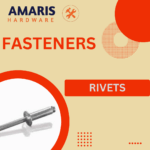 Rivets & Riveter
Rivets & Riveter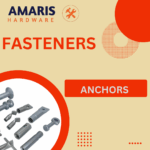 Anchors
Anchors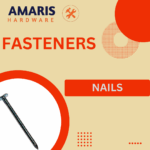 Nails
Nails Threaded Rods
Threaded Rods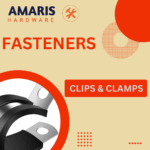 Clips & Clamps
Clips & Clamps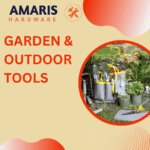
 Garden Fencing
Garden Fencing Garden Furniture Hardware
Garden Furniture Hardware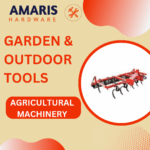 Agricultural Machinery
Agricultural Machinery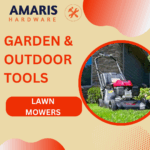 Lawn Mowers
Lawn Mowers Trimmers & Edgers
Trimmers & Edgers Shovels & Spades
Shovels & Spades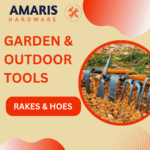 Rakes & Hoes
Rakes & Hoes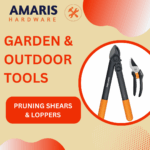 Pruning Shears & Loppers
Pruning Shears & Loppers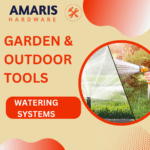 Watering Systems
Watering Systems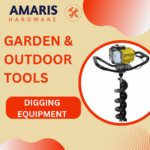 Digging Equipment
Digging Equipment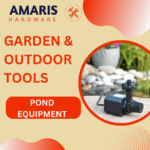 Pond Equipment
Pond Equipment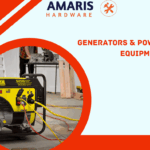
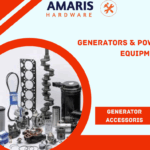 Generator Accessories
Generator Accessories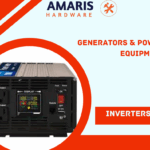 Inverters
Inverters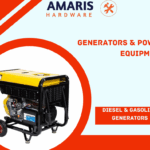 Diesel & Gasoline Generators
Diesel & Gasoline Generators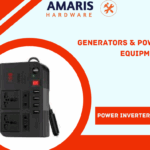 Power Inverters
Power Inverters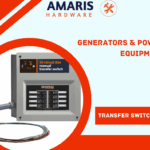 Transfer Switches
Transfer Switches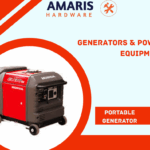 Portable Generators
Portable Generators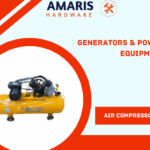 Air Compressor
Air Compressor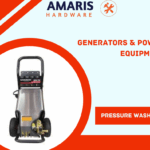 Pressure Washers
Pressure Washers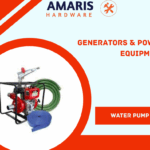 Water Pumps
Water Pumps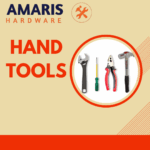
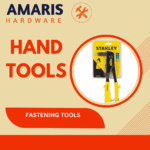 Fastening Tools
Fastening Tools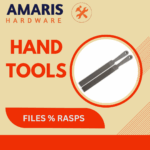 Files & Rasps
Files & Rasps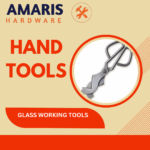 Glass working Tools
Glass working Tools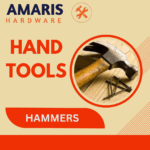 Hammers
Hammers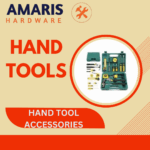 Hand Tool Accessories
Hand Tool Accessories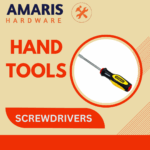 Screwdrivers
Screwdrivers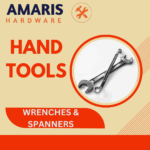 Wrenches & Spanners
Wrenches & Spanners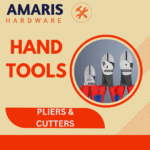 Pliers & Cutters
Pliers & Cutters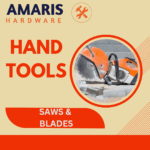 Saws & Blades
Saws & Blades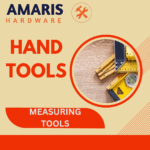 Measuring Tools
Measuring Tools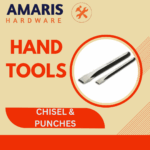 Chisels & Punches
Chisels & Punches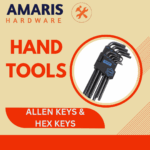 Allen Keys & Hex Keys
Allen Keys & Hex Keys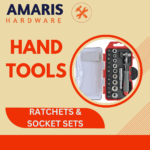 Ratchets & Socket Sets
Ratchets & Socket Sets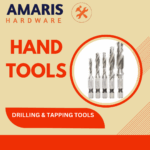 Drilling & Tapping Tools
Drilling & Tapping Tools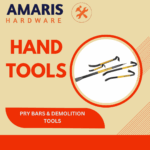 Pry Bars & Demolition Tools
Pry Bars & Demolition Tools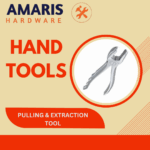 Pulling & Extraction Tools
Pulling & Extraction Tools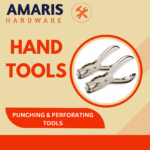 Punching & Perforating Tools
Punching & Perforating Tools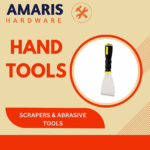 Scrapers & Abrasive Tools
Scrapers & Abrasive Tools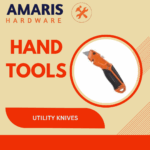 Utility Knives
Utility Knives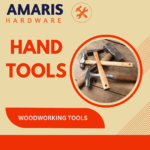 Woodworking Tools
Woodworking Tools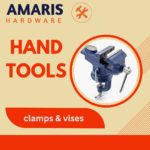 Clamps & Vises
Clamps & Vises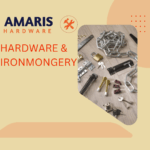
 Hinges & Latches
Hinges & Latches Hooks & Brackets
Hooks & Brackets Door Handles & Locks
Door Handles & Locks Drawer Slides & Cabinet Hardware
Drawer Slides & Cabinet Hardware Window Hardware
Window Hardware Chains & Cables
Chains & Cables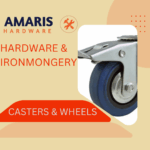 Casters & Wheels
Casters & Wheels Shelving & Storage Systems
Shelving & Storage Systems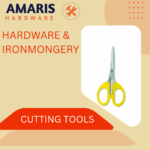 Cutting Tools
Cutting Tools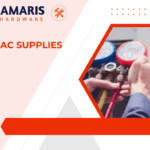
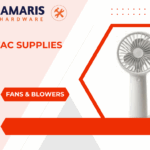 Fans & Blowers
Fans & Blowers HVAC Filters
HVAC Filters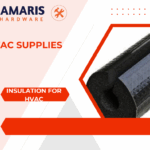 Insulation for HVAC
Insulation for HVAC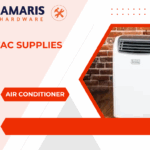 Air Conditioners
Air Conditioners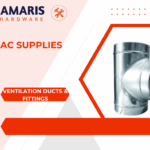 Ventilation Ducts & Fittings
Ventilation Ducts & Fittings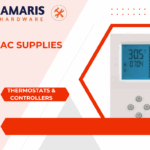 Thermostats & Controllers
Thermostats & Controllers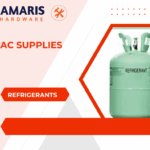 Refrigerants
Refrigerants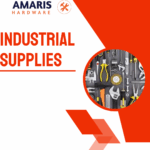
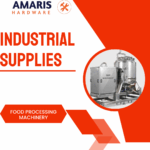 Food Processing Machinery
Food Processing Machinery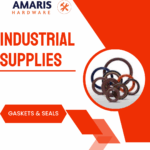 Gaskets & Seals
Gaskets & Seals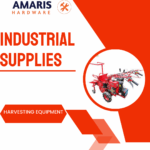 Harvesting Equipment
Harvesting Equipment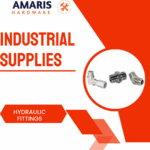 Hydraulic Fittings
Hydraulic Fittings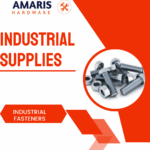 Industrial Fasteners
Industrial Fasteners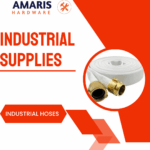 Industrial Hoses
Industrial Hoses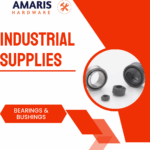 Bearings & Bushings
Bearings & Bushings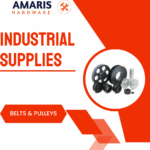 Belts & Pulleys
Belts & Pulleys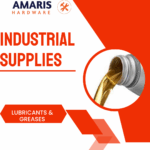 Lubricants & Greases
Lubricants & Greases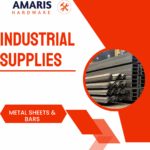 Metal Sheets & Bars
Metal Sheets & Bars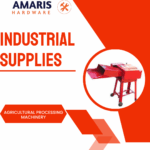 Agricultural Processing Machinery
Agricultural Processing Machinery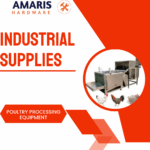 Poultry Processing Equipment
Poultry Processing Equipment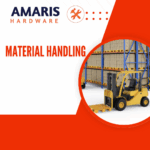
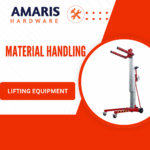 Lifting Equipment
Lifting Equipment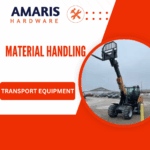 Transport Equipment
Transport Equipment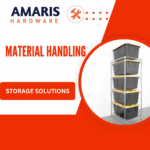 Storage Solutions
Storage Solutions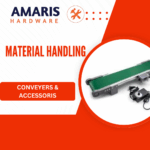 Conveyors and Accessories
Conveyors and Accessories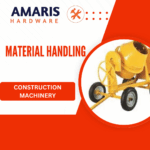 Construction Machinery
Construction Machinery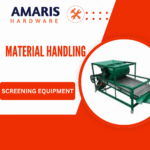 Screening Equipment
Screening Equipment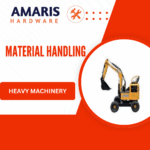 Heavy Machinery
Heavy Machinery
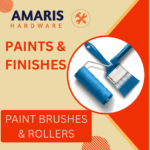 Paint Brushes & Rollers
Paint Brushes & Rollers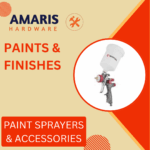 Paint Sprayers & Accessories
Paint Sprayers & Accessories Paint Strippers & Thinners
Paint Strippers & Thinners Paint Trays & Accessories
Paint Trays & Accessories Primers & Undercoats
Primers & Undercoats Interior Paints
Interior Paints Exterior Paints
Exterior Paints Varnishes & Stains
Varnishes & Stains Spray Paints
Spray Paints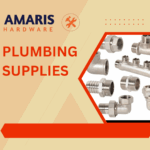
 Pipes & Fittings
Pipes & Fittings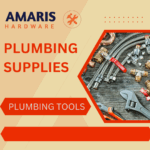 Plumbing Tools
Plumbing Tools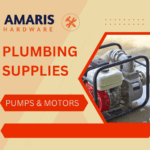 Pumps & Motors
Pumps & Motors Valves & Taps
Valves & Taps Faucets & Fixtures
Faucets & Fixtures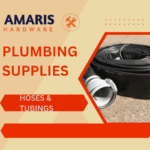 Hoses & Tubing
Hoses & Tubing Water Heaters
Water Heaters Drainage Systems
Drainage Systems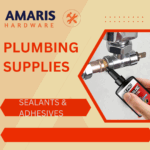 Sealants & Adhesives for Plumbing
Sealants & Adhesives for Plumbing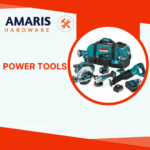
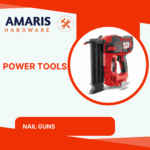 Nail Guns
Nail Guns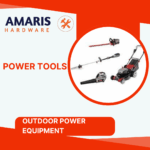 Outdoor Power Equipment
Outdoor Power Equipment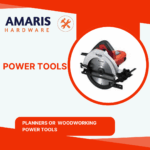 Planers or Woodworking Power Tools
Planers or Woodworking Power Tools Pneumatic Tool
Pneumatic Tool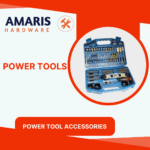 Power Tool Accessories
Power Tool Accessories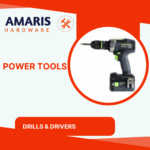 Drills & Drivers
Drills & Drivers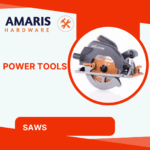 Saws
Saws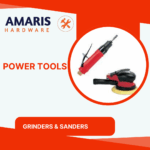 Grinders & Sanders
Grinders & Sanders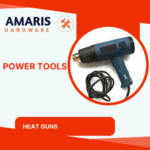 Heat Guns
Heat Guns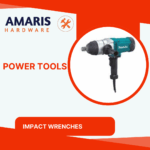 Impact Wrenches
Impact Wrenches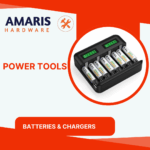 Batteries & Chargers
Batteries & Chargers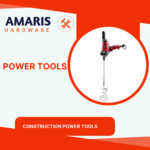 Construction Power Tools
Construction Power Tools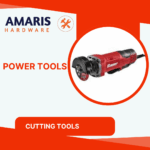 Cutting Tools
Cutting Tools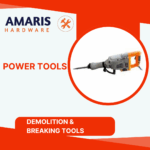 Demolition & Breaking Tools
Demolition & Breaking Tools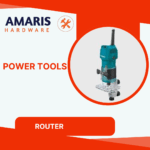 Router
Router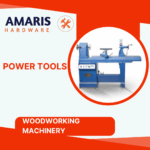 Woodworking Machinery
Woodworking Machinery
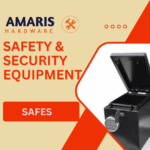 Safes
Safes Security Cameras
Security Cameras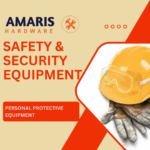 Personal Protective Equipment (PPE)
Personal Protective Equipment (PPE) Fire Safety Equipment
Fire Safety Equipment Locks & Padlocks
Locks & Padlocks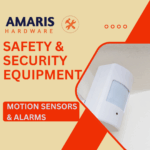 Motion Sensors & Alarms
Motion Sensors & Alarms
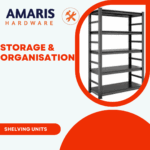 Shelving Units
Shelving Units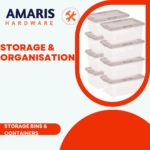 Storage Bins & Containers
Storage Bins & Containers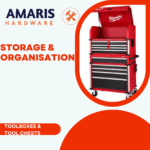 Toolboxes & Tool Chests
Toolboxes & Tool Chests Pegboards & Hooks
Pegboards & Hooks Workbenches
Workbenches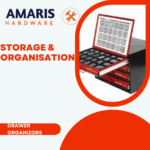 Drawer Organizers
Drawer Organizers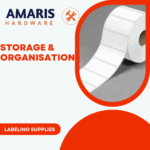 Labeling Supplies
Labeling Supplies
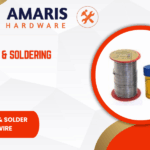 Flux & Solder Wire
Flux & Solder Wire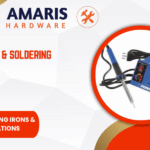 Soldering Irons & Stations
Soldering Irons & Stations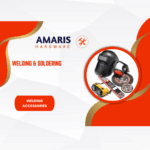 Welding Accessories
Welding Accessories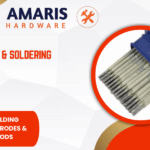 Welding Electrodes & Rods
Welding Electrodes & Rods Welding Helmets & Gloves
Welding Helmets & Gloves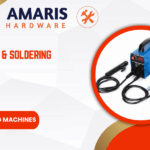 Welding Machines
Welding Machines Welding Safety Equipment
Welding Safety Equipment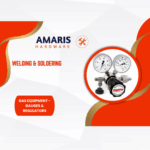 Gas Equipment – Regulators & Gauges
Gas Equipment – Regulators & Gauges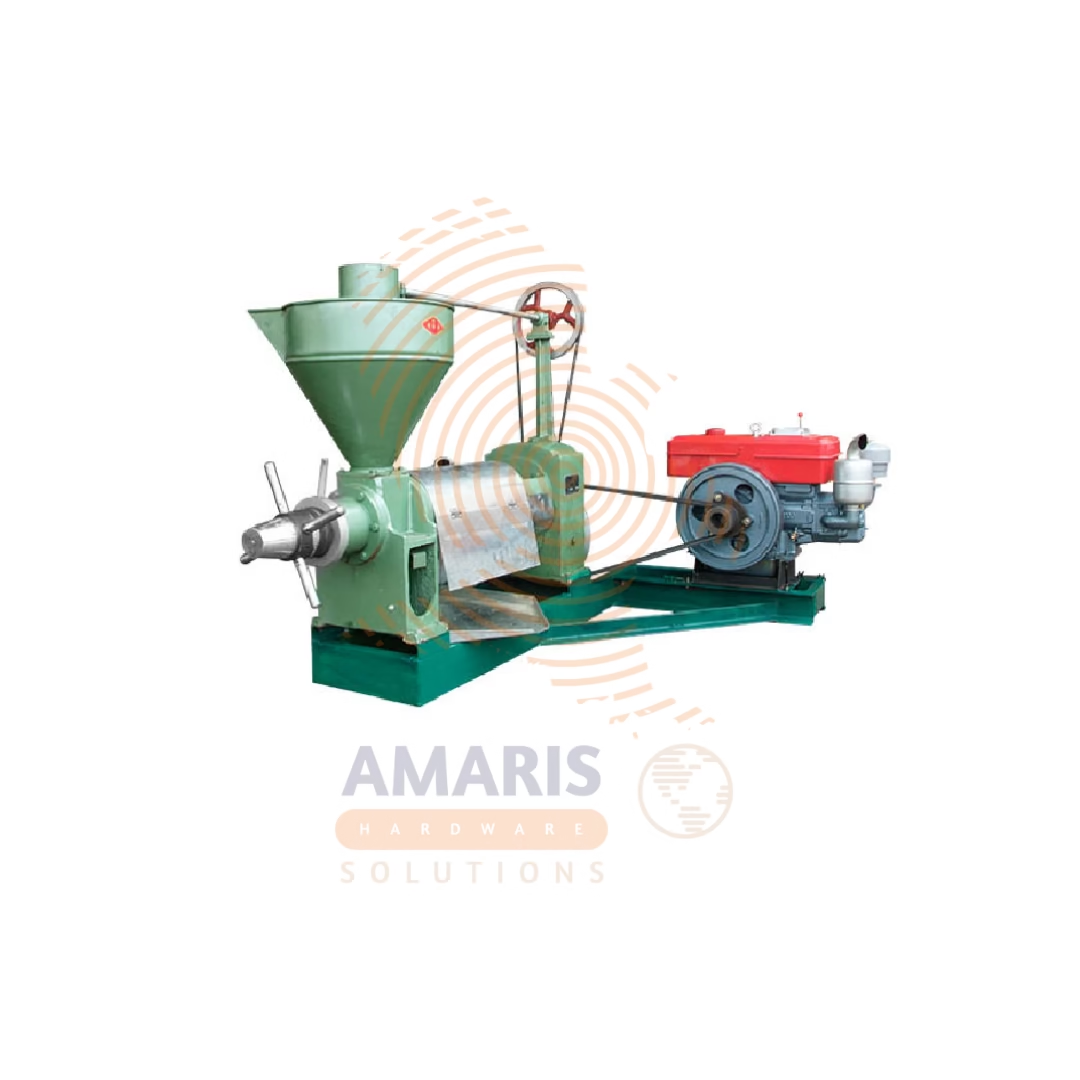
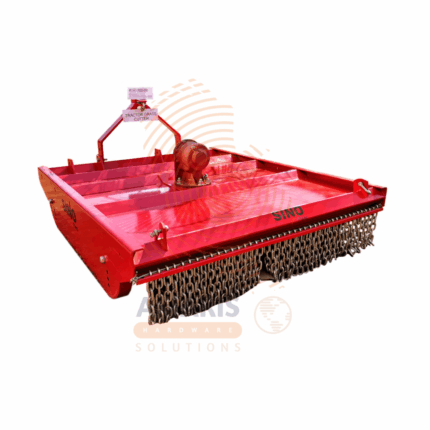
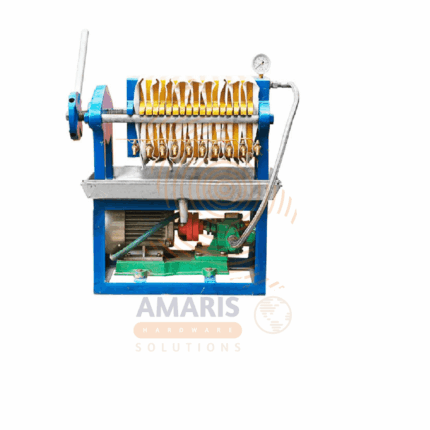
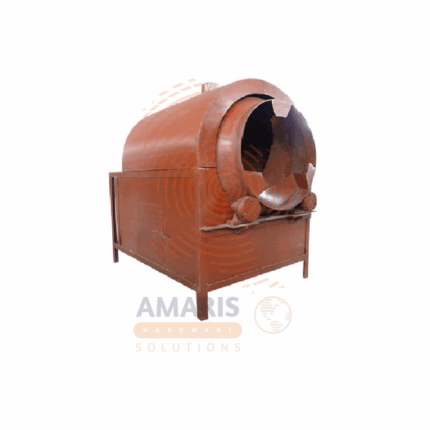
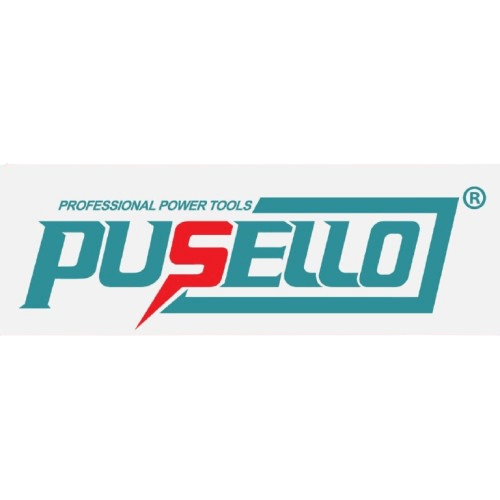
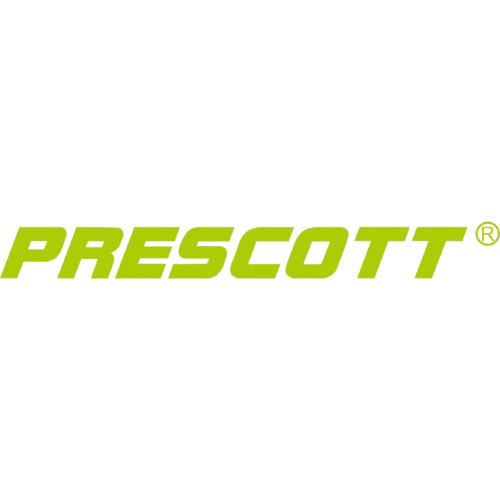
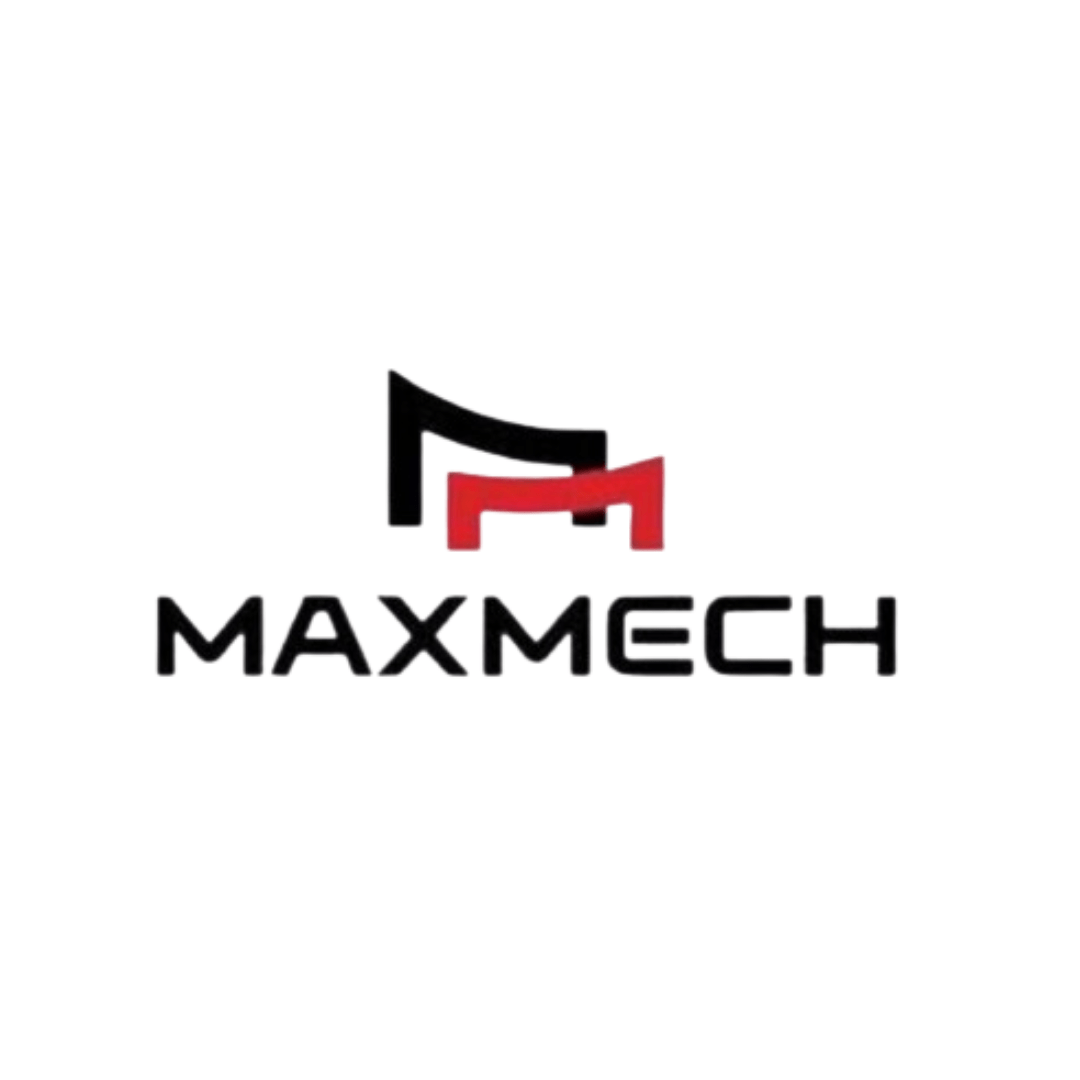
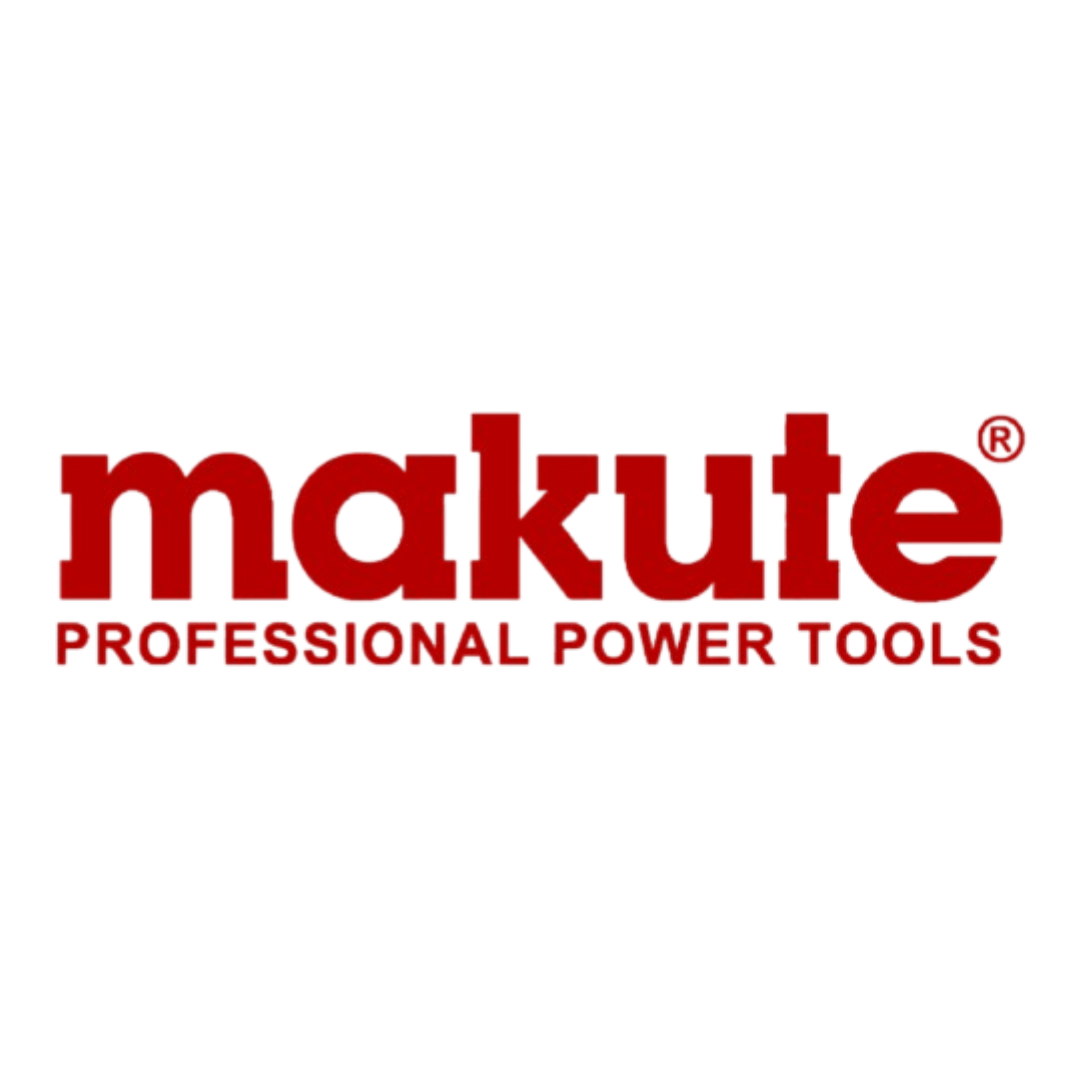
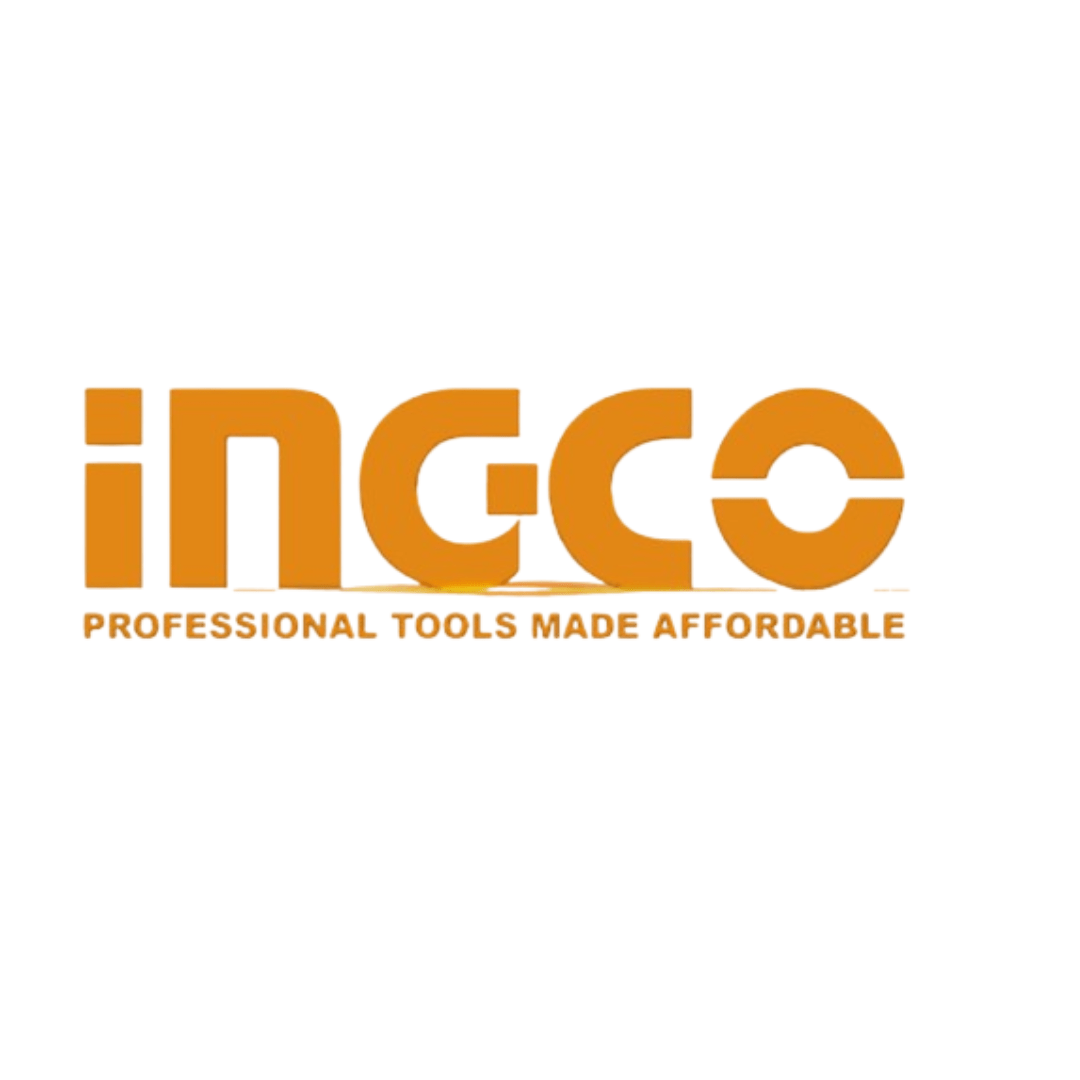
Reviews
There are no reviews yet.